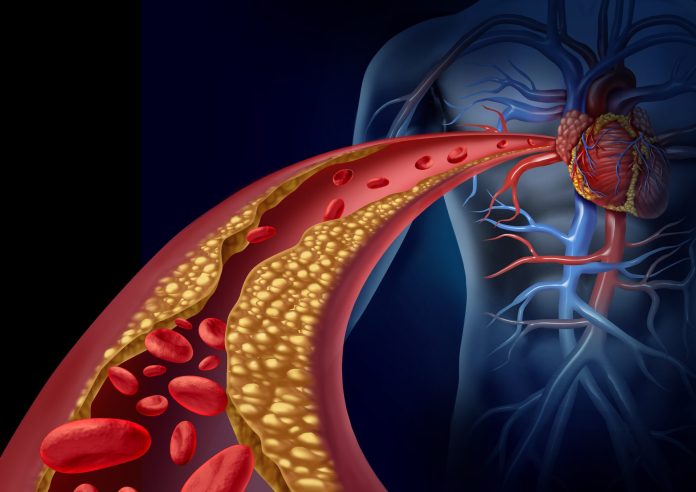
Verve Therapeutics, a biotech based in Cambridge, MA, has progressed its second base edited gene therapy, aimed at significantly lowering low-density lipoprotein (LDL) cholesterol, to the clinic in a Phase I trial.
The company is using base editing, a more precise gene editing technique than CRISPR-Cas9, to create novel therapies for genetic cardiovascular conditions. Verve 102, which is being tested in the Phase I study, is designed to inactivate the PCSK9 gene in the liver to significantly reduce levels of LDL cholesterol in people with heterozygous familial hypercholesterolemia or premature coronary artery disease.
Verve was started in 2018 by Sekar Kathiresan, MD, now CEO of the company, is a geneticist and cardiologist with many years of experience in the field. As well as being a professor at Harvard, he was previously director of the Massachusetts General Hospital (MGH) Center for Genomic Medicine and the Cardiovascular Disease Initiative at the Broad Institute.
Familial hypercholesterolemia (FH) is a key target for Verve. It affects around 1 in 250 people in the United States. It is caused by an inherited gene mutation that results in abnormally high levels of LDL cholesterol that can cause cardiovascular diseases such as atherosclerosis and result in heart attacks if left untreated.
The large majority of people with FH have a mutation in one of three genes, LDLR, APOB, and PCSK9, that causes the condition and most only have one copy (heterozygotes) of the mutation, although a few individuals have two copies (homozygotes) and are more severely affected.
Verve announced recently that it would pause a trial of its first gene therapy called Verve-101 after a patient in the trial had high liver enzymes and low platelet levels.
The new trial is a similar base-editing treatment, Verve-102, in a similar patient population, but uses a different lipid nanoparticle delivery system. The company hopes the new delivery method may solve issues the company experienced with Verve-101. “The incorporation of GalNAc allows the lipid nanoparticle in Verve-102 to access liver cells using either the asialoglycoprotein receptor or the low-density lipoprotein receptor,” noted the company on its website.
“Dosing the first patient in the Heart-2 Phase Ib clinical trial for Verve-102 is an important step in the continued progress of our pipeline,” said Kathiresan in a press statement.
“We look forward to evaluating the safety and preliminary efficacy data of Verve-102 in the Heart-2 trial. With clinical trial applications cleared in Canada and the United Kingdom, we are actively enrolling patients in the Heart-2 trial and expect to provide a data update on our PCSK9 program in 2025.”













